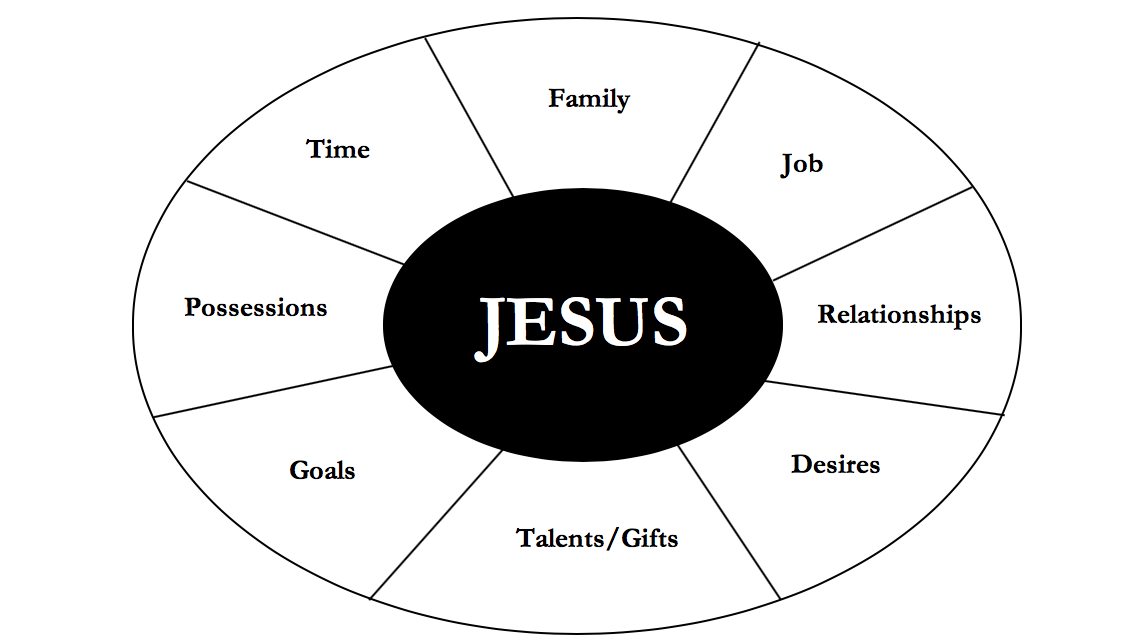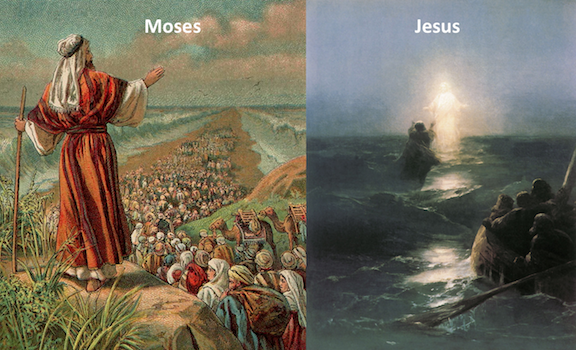“But to the tribe of Levi Moses had given no inheritance; the Lord God of Israel was their inheritance, as He had said to them.” Joshua 13:33
When Joshua prepared to divide the land of Canaan that they had already conquered among the tribes of Israel, he writes, “But to the tribe of Levi Moses had given no inheritance; the Lord God of Israel was their inheritance, as He had said to them” (13:33). The tribe of Levi would receive no specific land inheritance as did the other tribes because “The Lord…was their inheritance.” (cf. Num. 18:20). However, this did include the sacrifices or offerings for food (13:14), the priesthood (18:7), and the Lord Himself (13:33)! Could there be a greater inheritance than God!?!
As Christians, we can place a lot of emphasis on material possessions, including the purchasing of land or the building of buildings. Churches can preoccupy themselves with buying land on which to construct a building. While there is nothing inherently wrong with owning land or building a building, do we think we are lacking if we have no land or building to call our own? The truth is since we are believer-priests in Christ (I Pet. 2:9), the Lord is our inheritance and we are also His inheritance (cf. Rom. 8:17a; Ephes. 1:11, 14, 18). No amount of land or buildings can compare to Him! Jesus Christ is eternal and unchanging (cf. Heb. 13:8), but buildings and lands are changing and temporary. Natural catastrophes can wipe them out in an instant. While we cannot lose our relationship with Christ once we believe in Him (cf. John 3:16; 10:28-29; Heb. 13:5), we can lose land or buildings in a moment of time. In fact, the Bible tells us that in the future all earthly things will be destroyed by fire (cf. 2 Peter 3:10).
Knowing this should cause us to invest more of our time, talents, and treasures in what is eternal, not that which is temporary (cf. Matt. 6:19-20). Our hearts will follow what we value – “For where your treasure is, there your heart will be also” (Matthew 6:21). The more we invest in temporary material possessions, the more our hearts will focus on them. But the more we invest in the Lord and His work (Mark 16:15; Matt. 28:19-20), the more our hearts will focus on what is eternal.
For example, I have observed churches in America spend millions of dollars to purchase land and build buildings, and that becomes their primary focus because they are investing their treasures in those things. Their prayers, their meetings, their conversations, activities, and giving revolve around the purchasing of land and the building of buildings. There is no outreach or disciple-making taking place. However, I have also observed churches who invest the majority of their money in the Lord and His work. As a result, their hearts are more focused on the things of the Lord. Their prayers, conversations, activities, and giving revolve around who the Lord Jesus is and leading people to faith in Him, discipling or equipping them, and starting churches. They also send missionaries to other parts of the world to make disciples of Christ. Yes, they have land and buildings, but those temporary things are used to enhance their primary mission (making disciples), not detract them from it.
Where we invest our treasure influences where we focus our hearts. Do our priorities reflect this biblical truth? Does the way we manage the money God has given us reflect that the Lord and His work are our inheritance?



